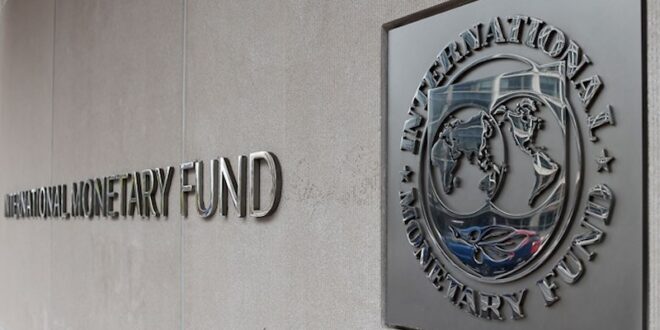Pakistan’s recent US$3 billion Stand-By Arrangement with the International Monetary Fund (IMF) has provided much-needed financial relief alongside the financial aid and investment from several strategic partners, including Saudi Arabia, the United Arab Emirates and China. These arrangements could play a significant role in addressing pressing economic crises.
While these injections offer temporary fiscal respite, Pakistan faces more complex economic and political challenges.
Pakistan is experiencing low economic growth at -0.5 per cent, coupled with 29.6 per cent inflation and 8 per cent unemployment. Additionally, the 22 per cent interest rate has severely damaged the business environment without achieving its intended objective of controlling inflation. Pakistan also struggles with low foreign exchange reserve, with the State Bank of Pakistan holding just US$8.2 billion. Over US$25 billion is needed to manage debt requirements, yet the tax revenue in FY2024 was only US$32 billion.
Pakistan remains fragile due to political instability and security issues. Pakistan is heading towards a general election in next three months, potentially exposing a new government to these challenges. There is speculation that the election could be delayed, adding to Pakistan’s political instability that is estimated to cost the economy up to 3 per cent of GDP per year.
Overcoming these structural economic and political issues and breaking the cycle of IMF dependency requires a holistic approach to unleash Pakistan’s growth potential and address the root causes of these challenges through critical reforms.
Pakistan must foster private sector-led growth through deregulation. Removing unnecessary bureaucratic hurdles, streamlining regulatory processes, and easing the burden of compliance will enable businesses to thrive. Regulatory frictions are estimated to cost Pakistan 39 per cent of GDP. A business-friendly climate is required to attract domestic and foreign investments, spur innovation, create jobs, and grow the economy. Businesses demand both policy certainty and simplified regulatory requirements, especially regarding documentation such as No Objection Certificates.
Pakistan should also transition from a traditional bricks and mortar growth model to a knowledge-based economy to support sustained development. Investing in education, research, and development will nurture a skilled workforce and foster technological advancements. Rather than establishing professor-less universities, both the federal and provincial governments should prioritise basic education. Embracing digitalisation and emerging technologies will drive productivity, efficiency, and global competitiveness, paving the way for inclusive and sustainable growth.
The government must streamline its footprint, estimated at 67 per cent of the economy, and expedite the privatisation of state-owned enterprises to improve economic efficiency and reduce the burden on the national exchequer. A leaner and more efficient public sector will free up resources for targeted investments in crucial sectors, while privatisation will infuse dynamism and competition in previously monopolised industries, increasing productivity and profitability.
Pakistan must also improve tax compliance and encourage investment by simplifying the tax system, reducing the compliance burden on businesses, and ensuring a level playing field. Rather than relying solely on increasing tax rates, the government should focus on adopting a fair and transparent taxation structure and eliminating the distinction between filer and non-filer taxpayers, making filing tax returns compulsory. The tax imposed on cash withdrawals is counterproductive and should be eliminated.
Pakistan should foster stability and growth through a Charter of Prosperity, encompassing the Charter of Power, Charter of Democracy, and Charter of Economy. Continuous political strikes and marches organised by interest groups and political parties have led to significant economic losses. Pakistan ranks in the 5th percentile for political stability compared to the 30th percentile for South Asia. A stable political environment is essential to attract investment, allow businesses to grow, and provide space for people to think and contribute to the growth of the economy.
The Charter of Power requires a shared understanding and commitment to follow the rules and work within defined boundaries. It will help streamline power struggles between various stakeholders and power circles. The Charter of Democracy will prioritise political stability, institutional reforms, and collaboration among political parties for a unified economic agenda. Meanwhile, the Charter of Economy will outline a cohesive economic vision agreed upon by all stakeholders, emphasising long-term planning, investment promotion, and export diversification.
Deregulating the economy, embracing the knowledge economy, streamlining the government, simplifying the tax system, and fostering political stability through a Charter of Prosperity could pave the way for lasting prosperity and sustainable development. Alongside these reforms, the government should also revisit tax expenditures, ill-devised subsidies, and non-developmental current expenditures. With strategic reforms and collaborative efforts, Pakistan can overcome its economic challenges and independently create a brighter future for its citizens.
 Eurasia Press & News
Eurasia Press & News



